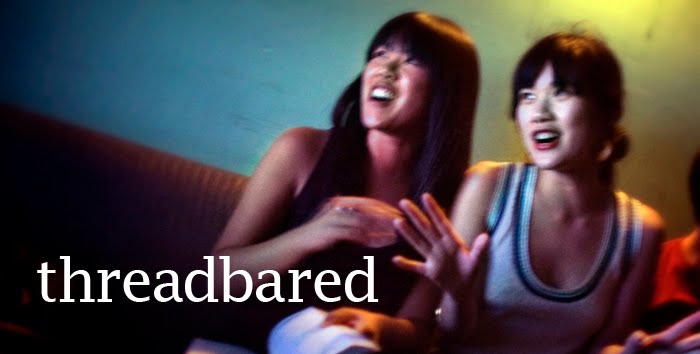19 December 2009
Fashionable Securities
In few days ago All Things Considered suggested that the presence of fashion (narrowly and problematically defined as "Western" clothes) might act as a political barometer in the report "In Baghdad, Hemlines Rise as Violence Falls." Here NPR follows a path well-trod by other American news media in the initial aftermath of the invasion of Afghanistan, and by The New York Times earlier this year in "What Not To Wear, Badghad-Style," which featured "before invasion" and "after invasion" photographs side by side, like a makeover show might, to create a story of progress as the gift of fashion.
As I said elsewhere about the political claims invested and invoked through clothing the civic body, and particularly the Muslim feminine civic body, "What is often lost in translation here is that unveiling does not always signal freedom, democracy, modernity, women's rights, whatever -- even if it might gesture toward these things in this particular moment. And there is no reason to believe that 'freedom' and 'democracy' should necessarily --or even ideally-- look identical to Western discourses or practices of them."
But in this brief report there is a telling refusal to examine other possible causes and consequences. Consider this seemingly simple statement: "Since the 2003 invasion, the classic look for Baghdad ladies — at least on the street — has been hijab, the Islamic expression of modesty that requires a woman to cover her shape and her hair."
Does this opening scene-setter inadvertently admit that the most recent wave of reveiling was a consequence of the American invasion that toppled the pragmatically secular regime of Saddam Hussein, thereby upending a precarious balancing act and sparking a counterinsurgency as well as an internal struggle for governance? Oddly, though "since the 2003 invasion" would seem to suggest as much, the rest of this sentence --and the sentiment of the report itself-- would lay the impetus of this loss of freedom at the feet of "Islamic expression," as if this were a stable or coherent category of being apart from the violent occasion of unlawful invasion.
It is so strange to read this report from Baghdad that nowhere names the United States as an occupying presence. Reading between the lines, it is clear that the American war in Iraq is not the solution to insecurity but at least one of its origins.




